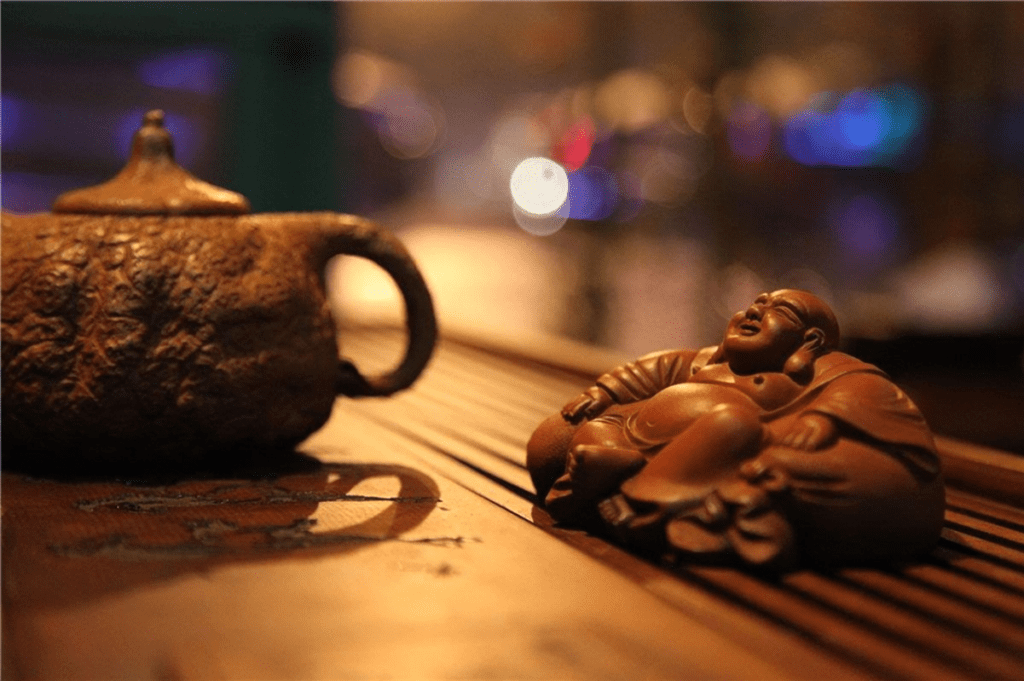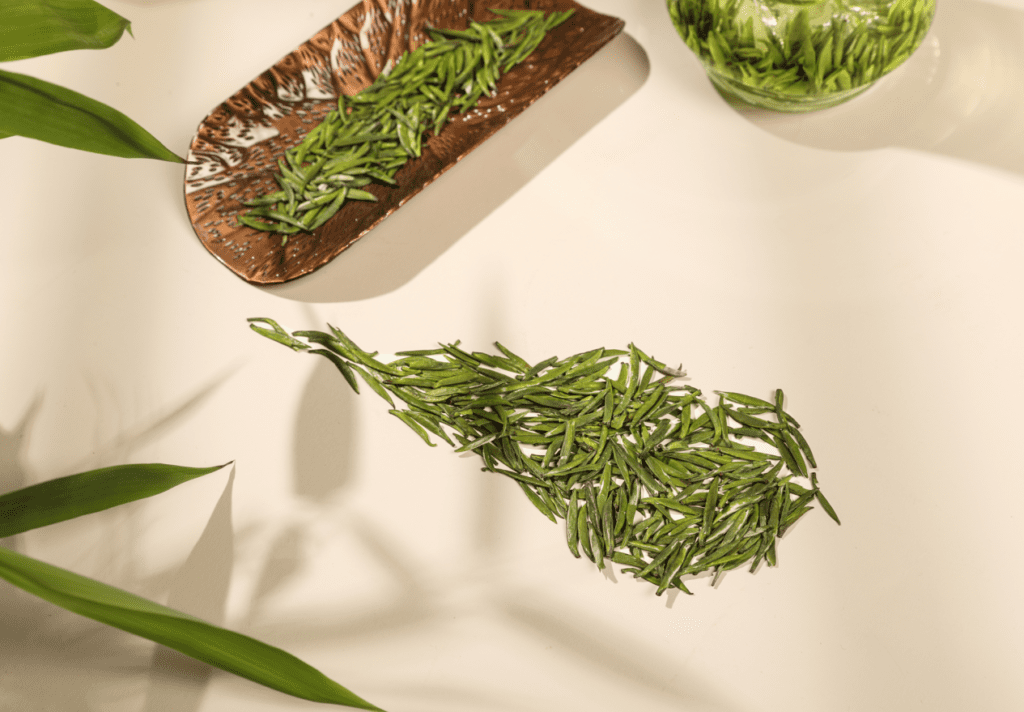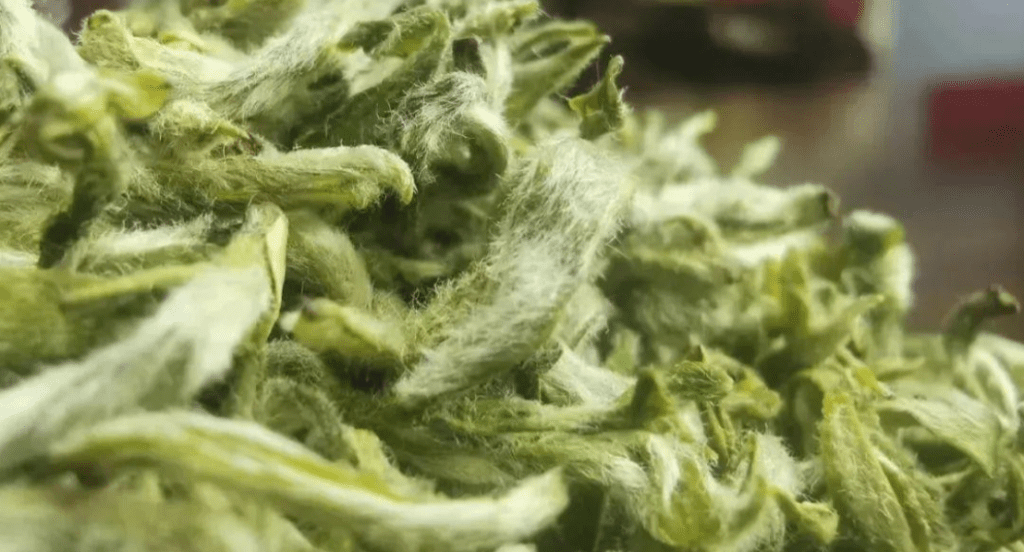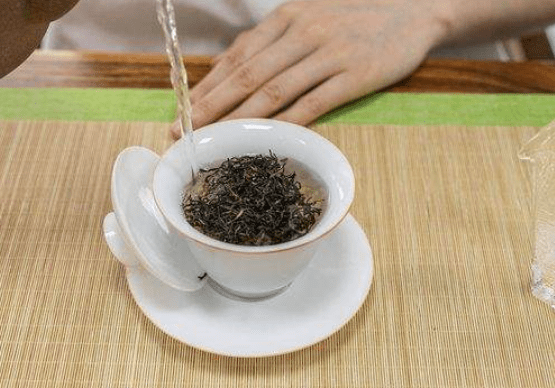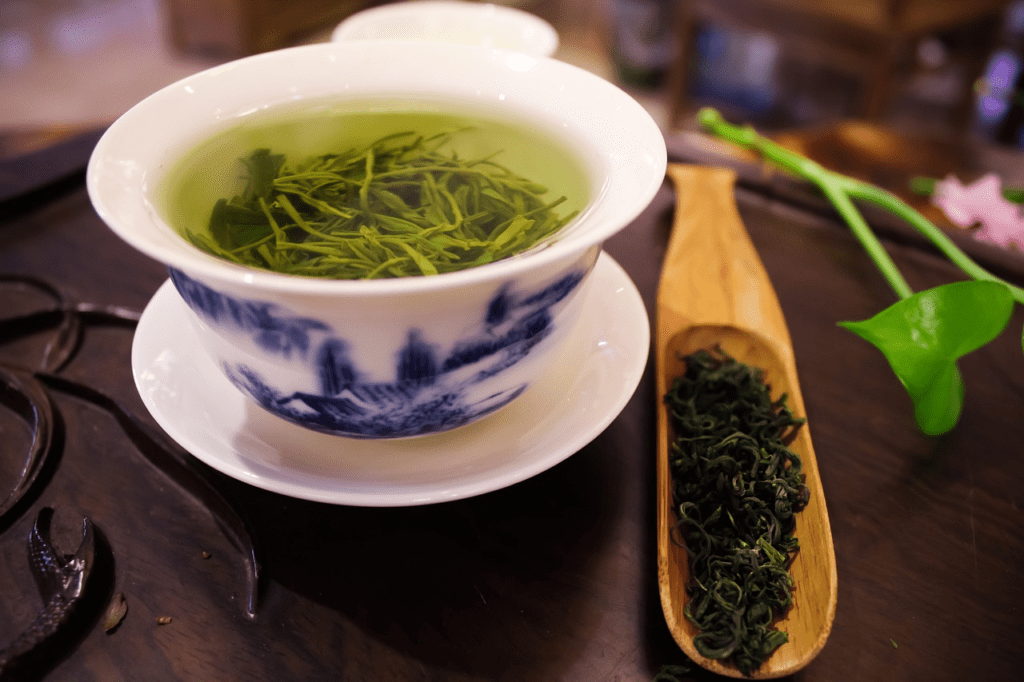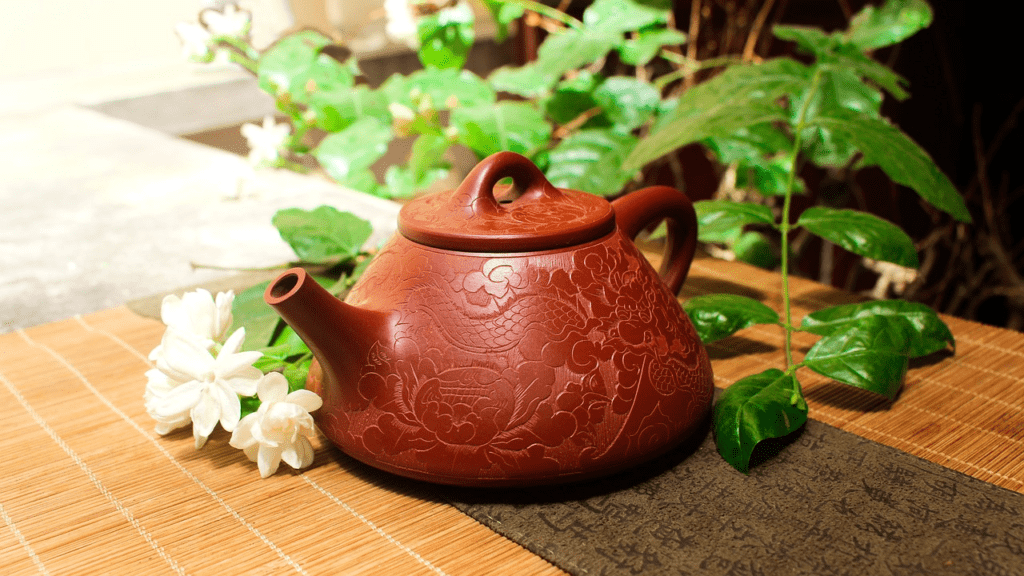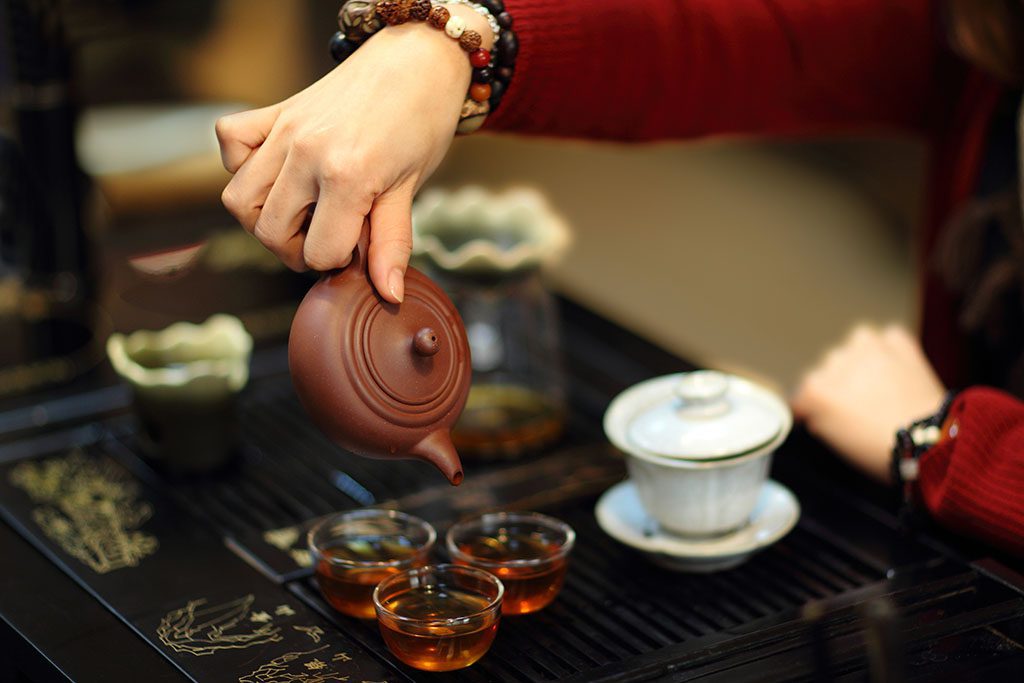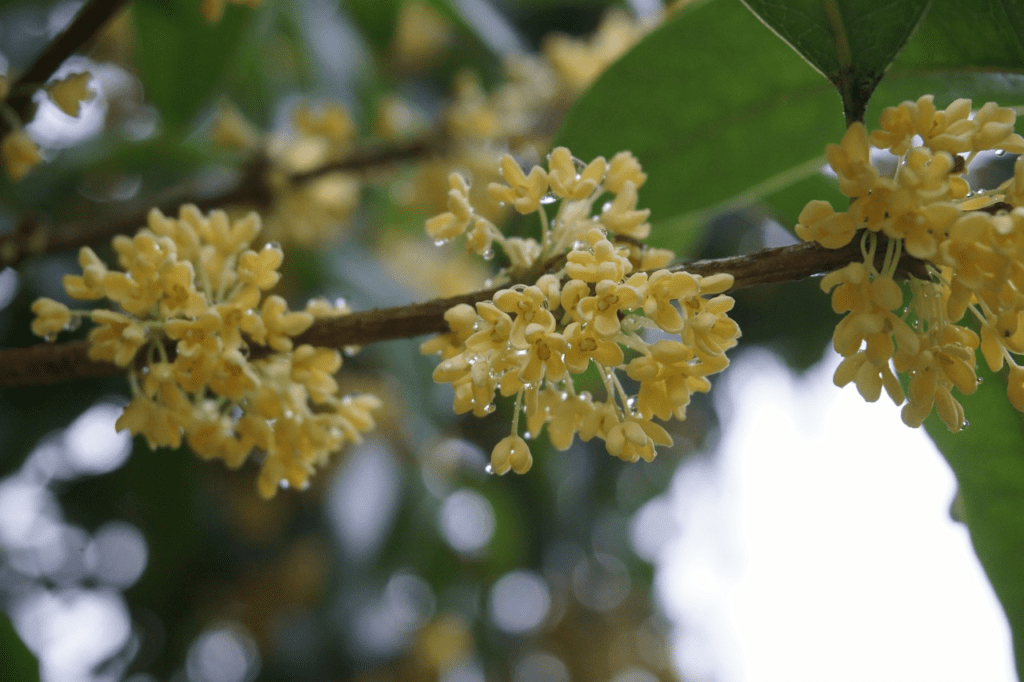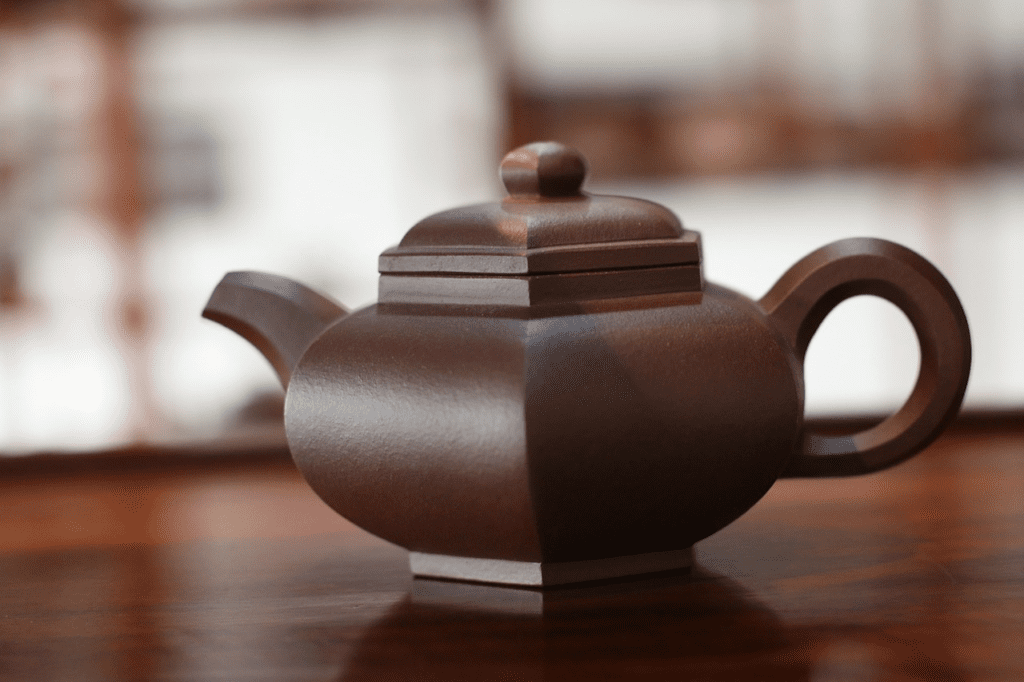White tea, one of the six major types of tea in China, is favored for its white hairs on the buds and leaves, its bright soup color after brewing, and its rich nutritional content. However, have you ever wondered why white tea got its name? What kind of history and cultural connotations lie behind this seemingly simple name?

Origin of the name white tea
White tea derives its name from the variety of the tea plant and the appearance of the dried tea. The main characteristic of white tea is that the tea leaves are covered with a layer of fine white hairs, which remain after drying, giving the tea a silvery white or grayish color, hence the name "white tea".
History of White Tea
The origin of white tea can be traced back to the Tang Dynasty. As early as Lu Yu's Tea Classic in the Tang Dynasty, there were records about white tea. At that time, white tea was classified as a superior product and was loved by royalty.
In the Song Dynasty, the fame of white tea became more prominent. Su Shi, a great writer, once praised white tea as "the first good drink on earth" and left the famous sentence "To know the cause of the past life, this life planted white tea".
Since the Ming and Qing Dynasties, the cultivation and production process of white tea has been improving, and its quality has become more and more excellent, gradually becoming the treasures of Chinese tea.
The cultural connotation of white tea
White tea is not only a kind of tea, but also a cultural symbol. It represents the spirituality of elegance, purity and high purity, which emphasizes people's desire for a better life.
In ancient times, white tea was often used as tribute, symbolizing loyalty and respect. In addition, white tea is also regarded as auspicious, and is often used in celebratory occasions such as weddings and birthdays.
White tea, with its unique color, long history, rich cultural connotations and unique charm, has become an integral part of Chinese tea culture. Tasting a cup of white tea is not only the enjoyment of taste buds, but also the purification of the soul.
